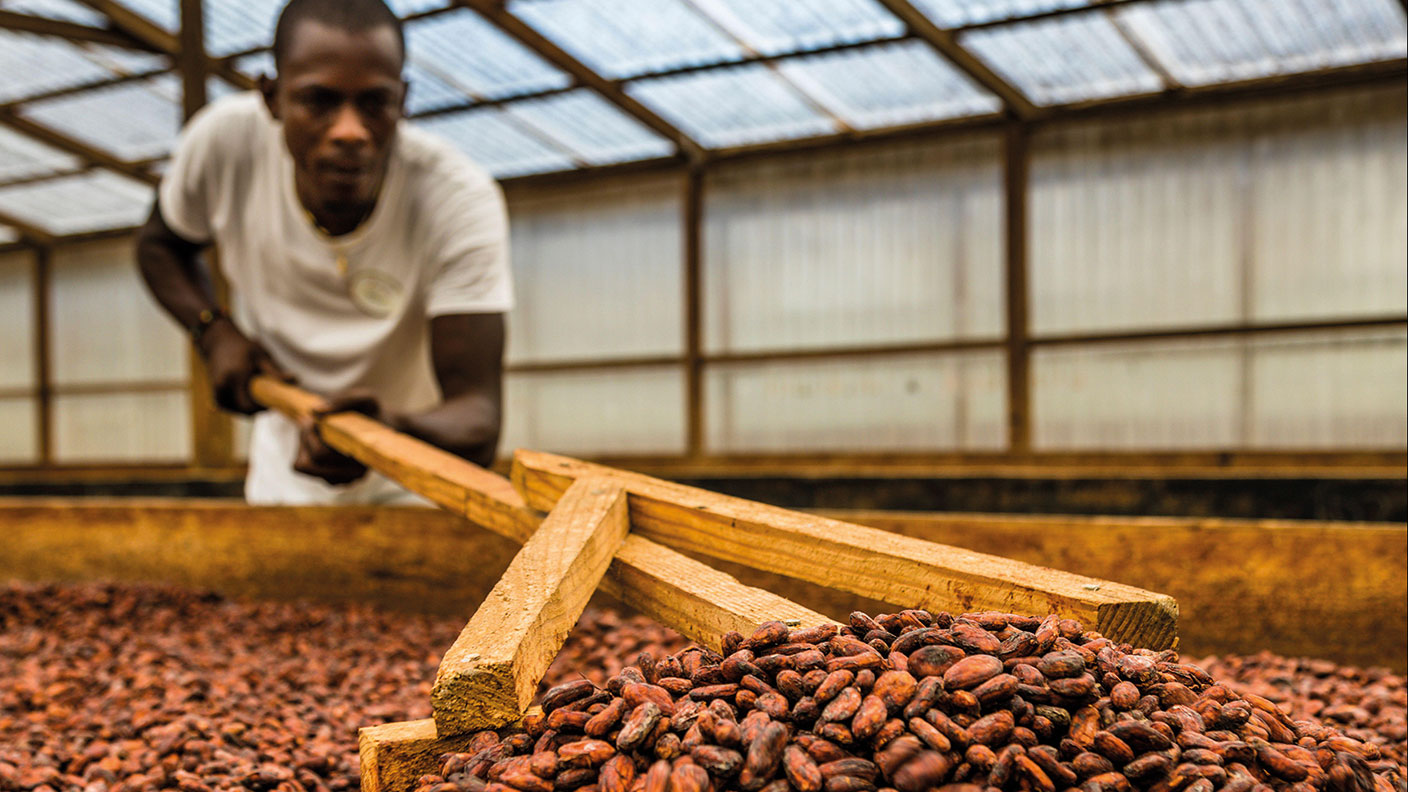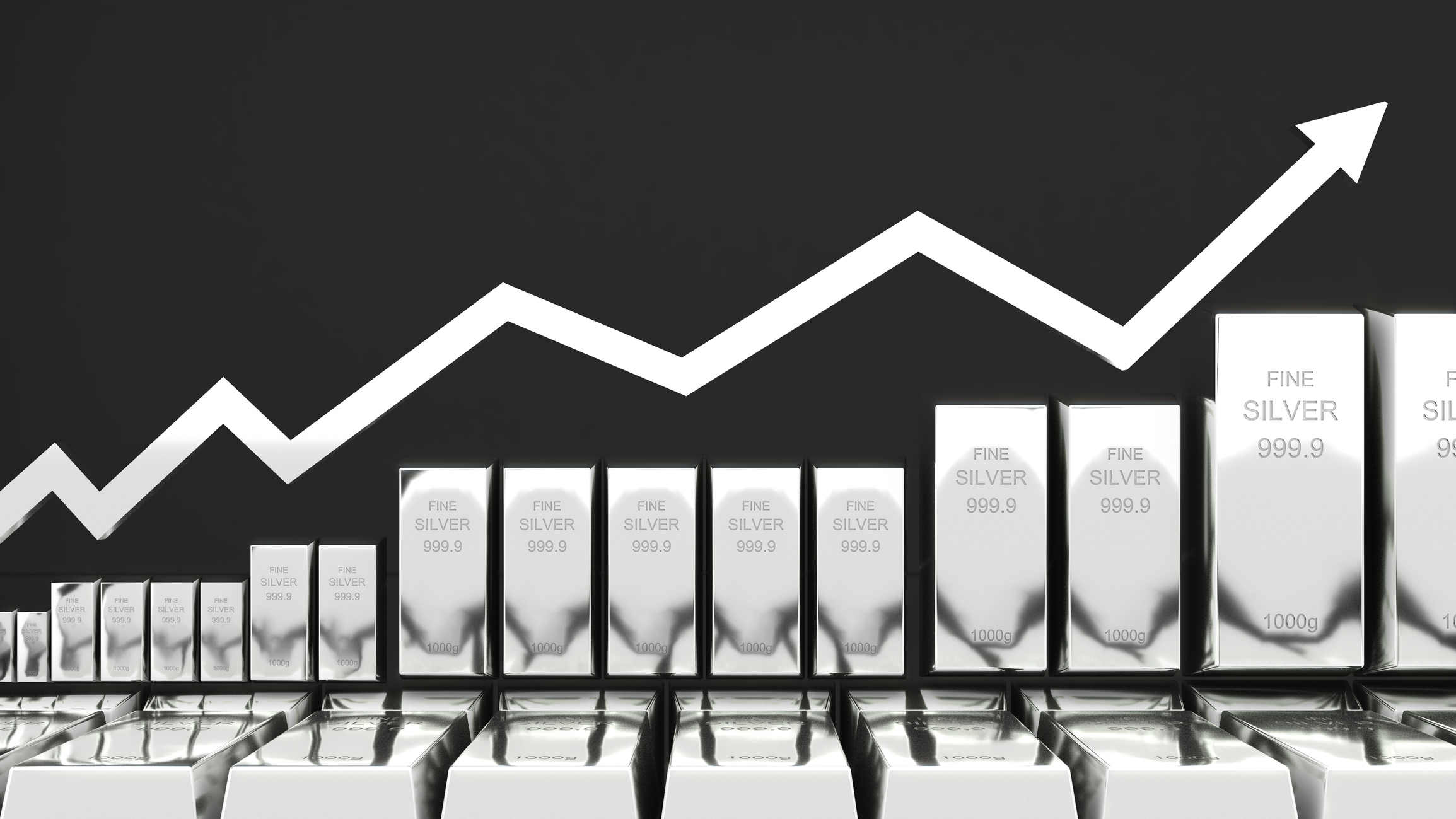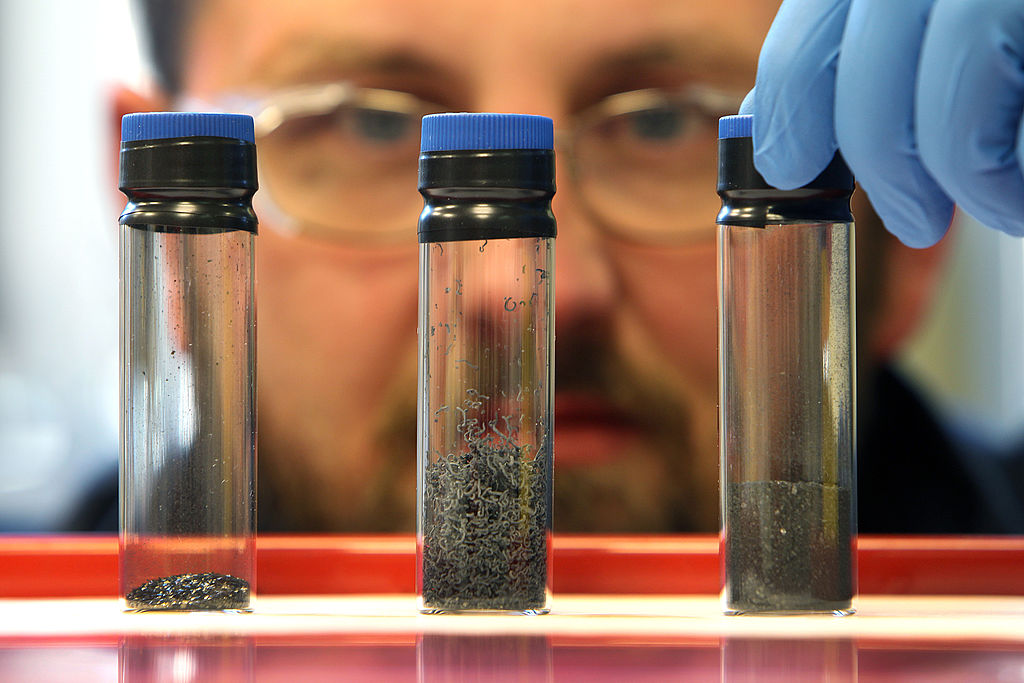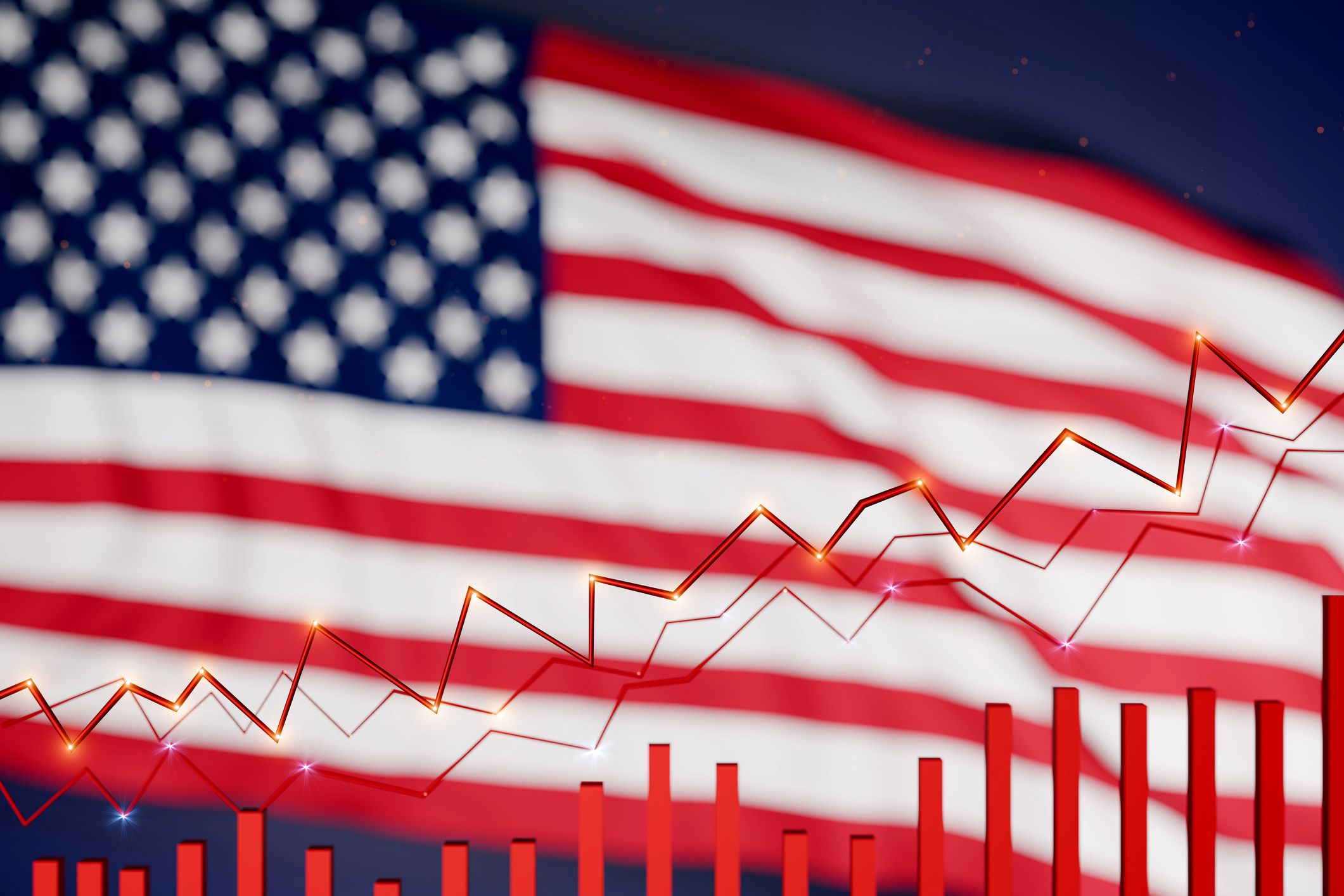Commodities boom spreads beyond energy and metals
Commodity prices are soaring – oil, gas, copper and a whole host of metals has seen prices take off. But price rises are spreading to soft commodities too.

Get the latest financial news, insights and expert analysis from our award-winning MoneyWeek team, to help you understand what really matters when it comes to your finances.
You are now subscribed
Your newsletter sign-up was successful
Want to add more newsletters?

Twice daily
MoneyWeek
Get the latest financial news, insights and expert analysis from our award-winning MoneyWeek team, to help you understand what really matters when it comes to your finances.

Four times a week
Look After My Bills
Sign up to our free money-saving newsletter, filled with the latest news and expert advice to help you find the best tips and deals for managing your bills. Start saving today!
“There has rarely been a better time to add commodities to a portfolio as a hedge against inflation, geopolitical risks and potentially hostile market environments,” says Jeffrey Currie of Goldman Sachs. The S&P GSCI index, which tracks a basket of 24 major commodities, has risen 35% over the past year and analysts see more gains ahead.
Bulls such as Goldman point to “extremely tight inventories, underinvestment across the commodity sector and slow-responding supply”, says Alex Gluyas in the Australian Financial Review. The rise of environmental, social and governance (ESG) investing means that while “capital has never been cheaper due to low interest rates, it has never been more expensive to build infrastructure and equipment such as mines, steel mills”, or drill for an oil and gas well.
The shortages are broad based. “Copper stocks at major commodity exchanges sit at just over 400,000 tonnes, representing less than a week of global consumption,” say Neil Hume and Emiko Terazono in the Financial Times. Citigroup analysts think demand for lithium, which is used in electric car batteries, will exceed supply by 6% in 2022. It’s not just metals either. Stockpiles of arabica coffee, “the higher-quality bean loved by espresso aficionados”, are at their lowest level in 22 years. US Soybean prices are up 18% this year already. Wheat prices have also risen on fears that major exporters Russia and Ukraine are about to descend into war.
MoneyWeek
Subscribe to MoneyWeek today and get your first six magazine issues absolutely FREE

Sign up to Money Morning
Don't miss the latest investment and personal finances news, market analysis, plus money-saving tips with our free twice-daily newsletter
Don't miss the latest investment and personal finances news, market analysis, plus money-saving tips with our free twice-daily newsletter
Aluminium takes flight
Then there’s aluminium, says Laurence Girard in Le Monde. The metal is used in everything “from coffee capsules to cans to aeroplane cabins”. It also plays a key role in the infrastructure needed to decarbonise the economy. Last week it hit a 13-year high on the London Metal Exchange at $3,236 a tonne. The metal is up 16% already this year and not far off its all-time high of $3,380 a tonne.
The squeeze is a consequence of soaring energy prices that have seen European and Chinese smelters cut production. “On average, producing a ton of aluminium uses the same electricity as an average US family consumes in [a] year,” says Javier Blas on Bloomberg. Aluminium’s extensive presence in our daily lives means that the price rally will be another source of inflation across the economy.
The 67 million tonne a year market ran a deficit of more than one million tonnes last year. That should continue. China accounts for “nearly 58%” of the market, but the industry is under pressure to cut pollution and energy usage. High electricity prices elsewhere mean there are few producers ready to step in, while the electrification of ever more of the economy means a growing number of products contain the metal. Hence Goldman predicts prices could hit $4,000 a tonne within the next 12 months.
Get the latest financial news, insights and expert analysis from our award-winning MoneyWeek team, to help you understand what really matters when it comes to your finances.
Alex is an investment writer who has been contributing to MoneyWeek since 2015. He has been the magazine’s markets editor since 2019.
Alex has a passion for demystifying the often arcane world of finance for a general readership. While financial media tends to focus compulsively on the latest trend, the best opportunities can lie forgotten elsewhere.
He is especially interested in European equities – where his fluent French helps him to cover the continent’s largest bourse – and emerging markets, where his experience living in Beijing, and conversational Chinese, prove useful.
Hailing from Leeds, he studied Philosophy, Politics and Economics at the University of Oxford. He also holds a Master of Public Health from the University of Manchester.
-
 Early signs of the AI apocalypse?
Early signs of the AI apocalypse?Uncertainty is rife as investors question what the impact of AI will be.
-
 Reach for the stars to boost Britain's space industry
Reach for the stars to boost Britain's space industryopinion We can’t afford to neglect Britain's space industry. Unfortunately, the government is taking completely the wrong approach, says Matthew Lynn
-
 Silver has seen a record streak – will it continue?
Silver has seen a record streak – will it continue?Opinion The outlook for silver remains bullish despite recent huge price rises, says ByteTree’s Charlie Morris
-
 'Investors should brace for Trump’s great inflation'
'Investors should brace for Trump’s great inflation'Opinion Donald Trump's actions against Federal Reserve chair Jerome Powell will likely stoke rising prices. Investors should prepare for the worst, says Matthew Lynn
-
 The state of Iran’s collapsing economy – and why people are protesting
The state of Iran’s collapsing economy – and why people are protestingIran has long been mired in an economic crisis that is part of a wider systemic failure. Do the protests show a way out?
-
 Why does Donald Trump want Venezuela's oil?
Why does Donald Trump want Venezuela's oil?The US has seized control of Venezuelan oil. Why and to what end?
-
 The graphene revolution is progressing slowly but surely – how to invest
The graphene revolution is progressing slowly but surely – how to investEnthusiasts thought the discovery that graphene, a form of carbon, could be extracted from graphite would change the world. They might've been early, not wrong.
-
 Stock markets have a mountain to climb: opt for resilience, growth and value
Stock markets have a mountain to climb: opt for resilience, growth and valueOpinion Julian Wheeler, partner and US equity specialist, Shard Capital, highlights three US stocks where he would put his money
-
 Metals and AI power emerging markets
Metals and AI power emerging marketsThis year’s big emerging market winners have tended to offer exposure to one of 2025’s two winning trends – AI-focused tech and the global metals rally
-
 King Copper’s reign will continue – here's why
King Copper’s reign will continue – here's whyFor all the talk of copper shortage, the metal is actually in surplus globally this year and should be next year, too